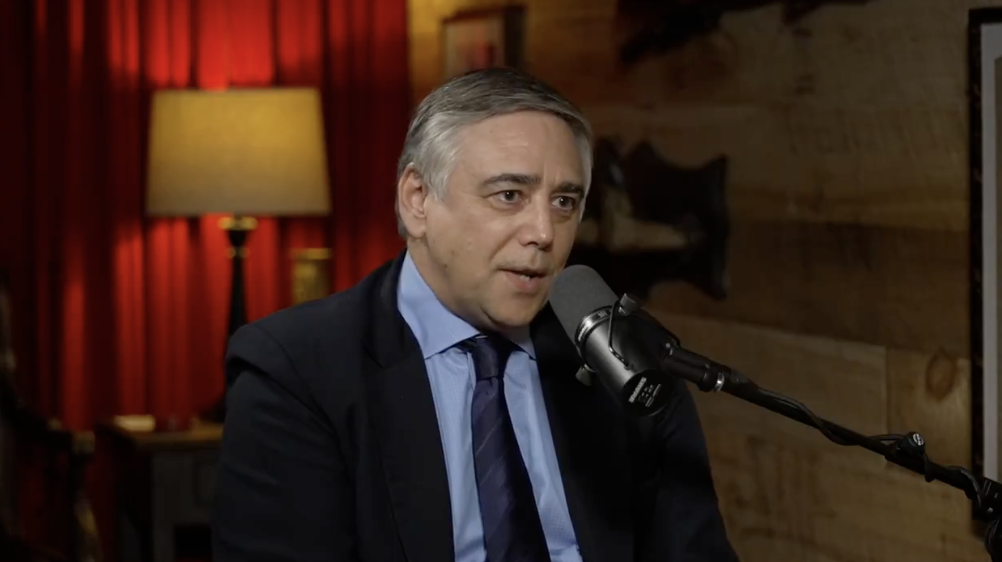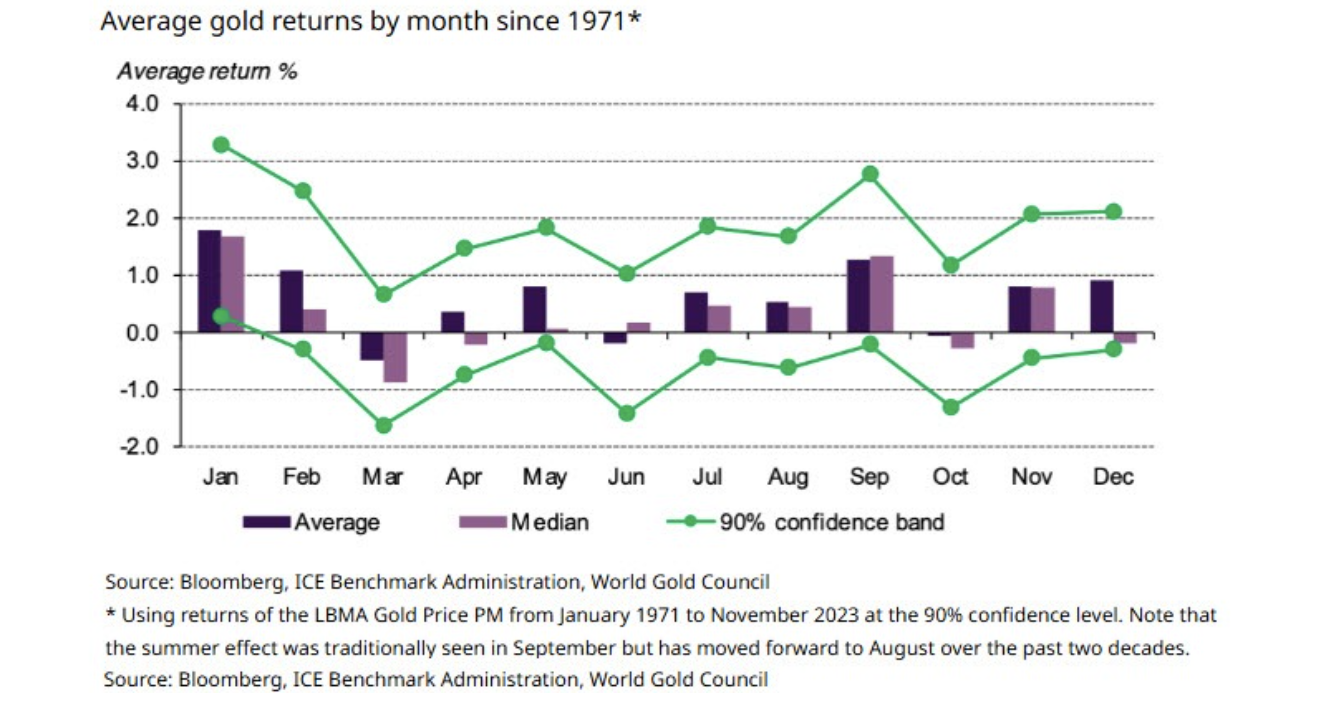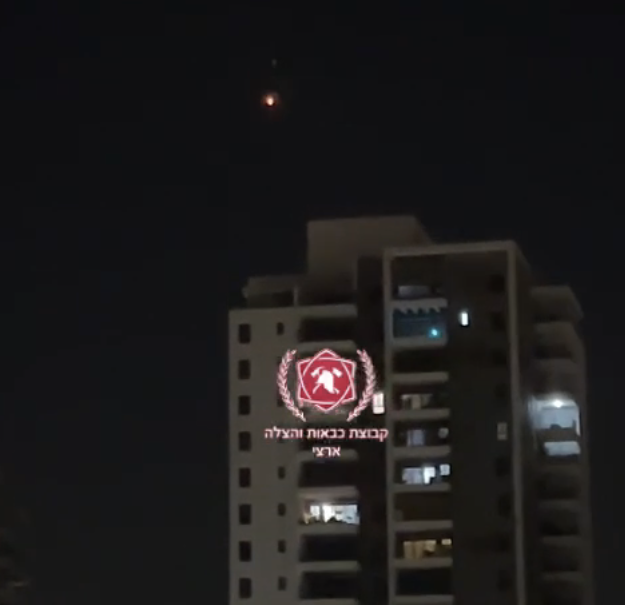
Please Follow us on Gab, Minds, Telegram, Rumble, GETTR, Truth Social, Twitter
The Rafah Security Gate opened this week on Gaza’s southern border and while hundreds of dual passport holders departed Gaza, 81 critically injured and in desperate need of medical treatment in Egypt had ambulances waiting for them.
“This is an important first step in a process that we expect to continue over the coming days,” said John Kirby, National Security Council coordinator for strategic communications on Wednesday. “This is a significant breakthrough. It’s the direct result of weeks of effort and personal diplomacy by the president and the secretary of state.”
The dual passport holders were transported to Cairo where they will be provided with hotel rooms and meals. The agreement with Egypt is that the foreign embassies have 72 hours to process and move their citizens out of Egypt.
The World Health Organization (WHO), under the tutelage of the United Nations is supporting the Egyptian Ministry of Health plan a comprehensive triage, stabilization, and medical evacuation system, by providing training for the health care staff on the ground.
The plane also entails a massive trauma-based focus.
WHO is working with the Egyptian Red Crescent Society to ensure that the psychological trauma support is available.
Nearly 65% Gaza’s population is under 25 years of age - approximately 54% are under 18 years of age - and the trauma from the relentless bombing, and destruction could easily have a compounded trauma effect on these children for decades.
Compounded trauma victims who survived the 1994 Rwandan genocide did not get compounded-trauma treatment. There was only one psychiatrist in Rwanda and the UN failed miserably to intervene in the genocide.
The impact on the children of Gaza is expected to be severe.
The Al-Arish Hospital in Egypt is the first primary referral hospital.
About 65 ambulances have been equipped with full resuscitation and life support capabilities. Thirteen of the ambulance teams include trained emergency doctors and paramedics with advanced life support training.
The Al-Arish Hospital has fully equipped resuscitation and intensive care facilities, and a range of surgical teams to manage severe injuries, including major trauma and burns.
Onward referral arrangements to second-line hospitals in Egypt are also ready.
The statistics are expected to change as the situation in Gaza worsens.
Today, more than 1000 people need kidney dialysis to stay alive; more than 2000 patients are on cancer therapy; 45 000 people have cardiovascular diseases; and more than 60 000 people have diabetic complications.
Those numbers were before Israel began bombing Gaza.
These patients have been in need of sustained access to health care inside Gaza so when the hospitals and health facilities in Gaza are at risk of being blown up, medical facilities are needed outside of Gaza.
Before the Oct. 7 Hamas attacks, approximately 100 patients needed specialized health care services outside the Gaza Strip on a daily basis.
























